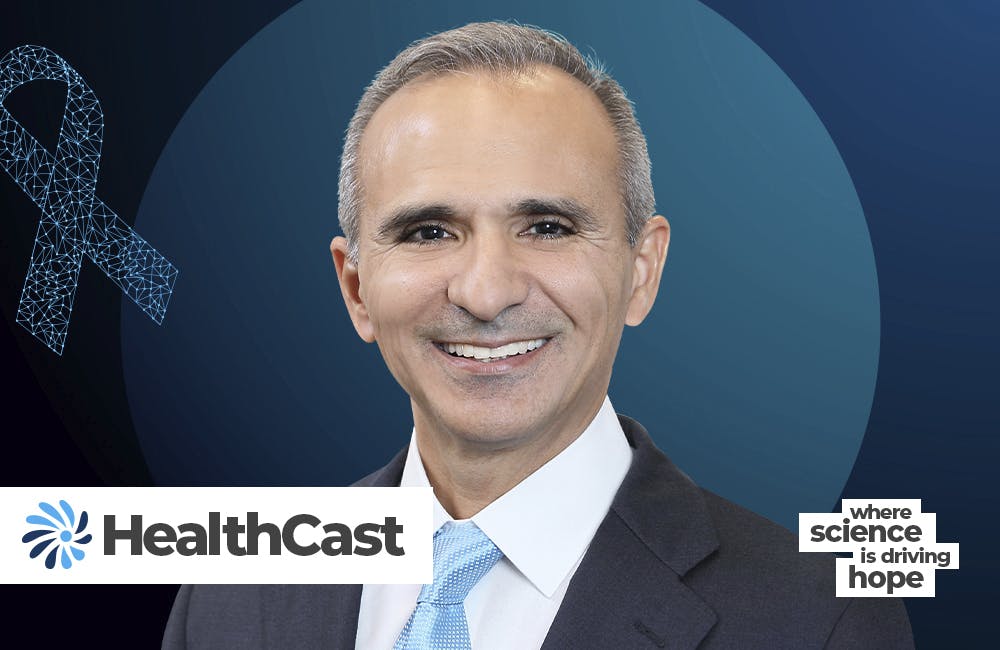Talent Management Among Navy’s Highest Priorities

Talent management is one of the Marine Corps’ highest priorities from an investment standpoint right now, Lt. Gen. Matthew Glavy, deputy commandant for information, said at the Navy IT Transformation Forum Tuesday.
Bringing in the talent and skills IT transformation requires and building a modern workforce to maintain the highest levels of readiness and get at the challenges the Navy and Marines face right now are crucial to everyday operations and future planning for the forces.
“There’s no doubt everything starts with talent management,” Glavy said during the panel. “One of the high priorities of the commandant is right now, as he looks at force design, and continuing and executing the transformation of the force, as he looks at talent management, and how we’re going to make sure our best people are put in to match their talents in the most important positions … how we’re going to train and educate them to execute all the warfighting functions are obviously critical to what we need to do every day.”
The mixture of military and civilian workforce across multiple geographically dispersed commands makes talent management a challenging space to synchronize.
Bradley Punch, deputy technical director at Navy Program Executive Office for Digital and Enterprise Services, and his team have had use cases with warfare centers taking what was traditionally paper processes and using automated tools to be able to get the data in and share that data with other systems.
“We have these modern tools and services; now we have to find a way to do business differently,” Punch said during the panel. “We’ve realized in delivering modern services, it’s not enough to just build it and they will come. We need to work on a modern workforce.”
With talent management, determining that resources are managed correctly in their program objective memorandum and fighting the adversary, fusing and correlating data will drive results, Punch noted during the panel. Entering the Office 365 platform has already enabled the Navy overall to improve security and workforce productivity, providing a better look into the kinds of opportunities a modern workplace can offer.
“I think we’ve been complacent with data … we haven’t probably protected it like we should … we just haven’t paid our due diligence to data,” Glavy said. “We are beginning to have more discipline, focus … and the cloud, this idea of mass storage and mass computational power — now we are getting to the almost combined arms scenario.”
This is a carousel with manually rotating slides. Use Next and Previous buttons to navigate or jump to a slide with the slide dots
-

IRS Tax Filing Pilot Part of Digital-First Customer Experience Plan
Many taxpayers increasingly expect flexible, easy and self-directed digital interactions, agency leaders said.
5m read -

Federal Agencies Make the Case for Quantum
Amid development of emerging technologies like AI and machine learning, leaders see promise in quantum computing.
6m read -

NCI Program Unlocks Emerging Proteomic Data to Advance Precision Medicine
Researchers say sharing molecular cancer research data can expand cancer treatment and care.
32m listen -

Cyber Resilience and Recovery Amid Evolving Cyber Threats
Data durability is a key aspect of NIST’s cybersecurity framework for public and private organizations.
21m listen








